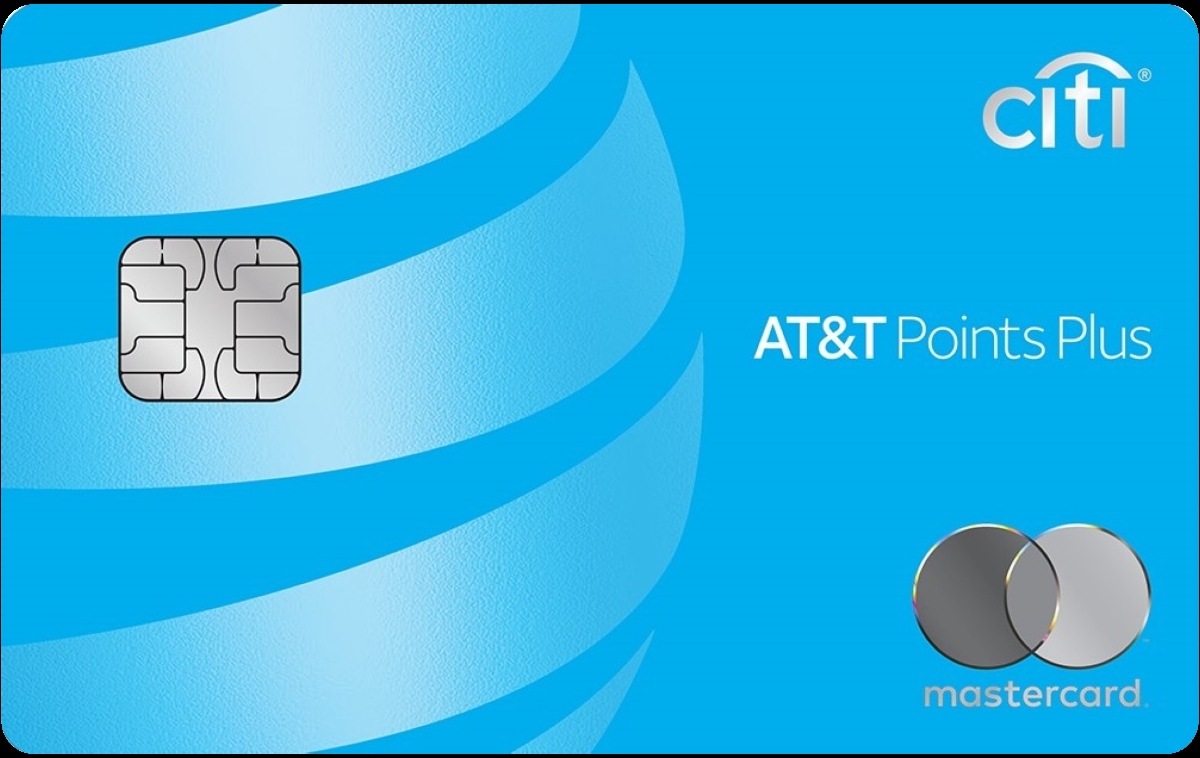

Finance
What Credit Bureau Does Prosper Use
Published: March 3, 2024
Prosper uses Experian for credit bureau checks. Understanding which credit bureau Prosper uses can help you prepare for the loan application process. Learn more about credit bureaus and financing options.
(Many of the links in this article redirect to a specific reviewed product. Your purchase of these products through affiliate links helps to generate commission for LiveWell, at no extra cost. Learn more)
Table of Contents
Introduction
Credit bureaus play a pivotal role in the financial landscape, influencing lending decisions and shaping individuals' access to credit. As such, understanding the inner workings of these bureaus is crucial for anyone seeking to navigate the world of personal finance. This article delves into the realm of credit bureaus, shedding light on their significance in lending and, more specifically, their role in the operations of Prosper, a prominent player in the peer-to-peer lending industry.
By comprehending the intricate mechanisms of credit bureaus and their impact on lending practices, individuals can gain valuable insights into how their financial behavior shapes their credit profiles. This knowledge empowers them to make informed decisions and take proactive steps to enhance their creditworthiness, thereby improving their prospects for obtaining favorable loan terms.
Throughout this article, we will explore the fundamental functions of credit bureaus, uncover the influence they wield in the lending domain, and examine Prosper's engagement with these bureaus. By the end, readers will have a comprehensive understanding of the relationship between credit bureaus and Prosper, equipping them with the knowledge needed to make sound financial choices and navigate the lending landscape with confidence.
Understanding Credit Bureaus
Credit bureaus, also known as credit reporting agencies, are entities that compile and maintain comprehensive records of individuals’ credit histories and financial behaviors. These records, commonly referred to as credit reports, encompass a range of data points, including individuals’ borrowing and repayment activities, outstanding debts, and the length of their credit history. The primary function of credit bureaus is to gather, organize, and analyze this information to generate credit reports, which serve as crucial tools for lenders assessing the creditworthiness of loan applicants.
These bureaus collect data from various sources, such as financial institutions, credit card companies, and other relevant entities, to ensure that credit reports offer a comprehensive overview of individuals’ financial habits and obligations. The most well-known credit bureaus include Equifax, Experian, and TransUnion, each playing a significant role in shaping individuals’ credit profiles and influencing their access to credit.
Individuals can access their credit reports from these bureaus to review their financial standing and identify any inaccuracies that may impact their creditworthiness. Furthermore, credit bureaus are mandated to adhere to regulations, such as the Fair Credit Reporting Act in the United States, which stipulates the guidelines for collecting, handling, and disseminating individuals’ credit information.
Understanding the operations of credit bureaus is essential for anyone seeking to navigate the lending landscape effectively. By comprehending the intricacies of credit reporting agencies, individuals can take proactive steps to manage their financial behaviors and maintain favorable credit standings, thereby enhancing their prospects for securing loans on favorable terms.
The Role of Credit Bureaus in Lending
Credit bureaus play a pivotal role in the lending process, serving as the primary source of information for lenders to assess the creditworthiness of loan applicants. When individuals apply for loans, lenders utilize credit reports provided by these bureaus to evaluate the applicants’ financial histories and determine the level of risk associated with extending credit to them.
Through the comprehensive data contained in credit reports, lenders gain insights into applicants’ repayment patterns, outstanding debts, and overall financial reliability. This information enables lenders to make informed decisions regarding loan approvals, interest rates, and credit limits. Additionally, credit bureaus facilitate the calculation of credit scores, which condense individuals’ credit information into numerical representations of their creditworthiness.
By leveraging credit scores and the detailed credit reports furnished by bureaus, lenders can assess the likelihood of borrowers fulfilling their financial obligations. This, in turn, influences the terms and conditions offered to borrowers, including interest rates and loan amounts. As such, credit bureaus wield significant influence in shaping individuals’ access to credit and the affordability of borrowing for various purposes, such as purchasing homes, financing education, or covering unexpected expenses.
Furthermore, credit bureaus contribute to promoting responsible lending practices by providing lenders with the tools to evaluate applicants’ creditworthiness accurately. This, in turn, helps mitigate the risks associated with lending and fosters a more transparent and efficient lending ecosystem.
Understanding the pivotal role of credit bureaus in lending underscores the importance of maintaining favorable credit standings and managing financial behaviors prudently. By doing so, individuals can enhance their creditworthiness, thereby improving their prospects for accessing credit on favorable terms and securing their financial objectives.
Prosper’s Use of Credit Bureaus
Prosper, a prominent player in the peer-to-peer lending industry, relies on credit bureaus to assess the creditworthiness of potential borrowers participating in its lending platform. When individuals apply for loans through Prosper, the company leverages the data provided by credit bureaus to evaluate applicants’ financial profiles and make informed lending decisions.
Through the comprehensive credit reports and credit scores obtained from bureaus such as Equifax, Experian, and TransUnion, Prosper gains valuable insights into applicants’ credit histories, outstanding debts, and repayment behaviors. This information allows Prosper to assess the level of risk associated with extending loans to applicants and to determine suitable loan terms, including interest rates and loan amounts.
Prosper’s utilization of credit bureaus’ data aligns with the broader industry practices, where peer-to-peer lending platforms rely on robust credit assessment mechanisms to facilitate secure and responsible lending. By leveraging the information furnished by credit bureaus, Prosper can uphold prudent lending practices, mitigate risks, and enhance the overall efficiency and transparency of its lending operations.
Furthermore, the utilization of credit bureaus’ data enables Prosper to cater to a diverse range of borrowers, offering access to credit for various purposes, such as debt consolidation, home improvement, and other personal financial needs. This inclusive approach to lending underscores the significance of credit bureaus in enabling platforms like Prosper to extend credit to a broad spectrum of individuals, thereby contributing to financial inclusion and empowerment.
Prosper’s engagement with credit bureaus underscores the pivotal role of these agencies in shaping the peer-to-peer lending landscape and facilitating access to credit for individuals seeking alternative borrowing options. By leveraging the insights gleaned from credit bureaus, Prosper can make informed lending decisions, extend credit to a wide array of borrowers, and contribute to fostering a more inclusive and dynamic lending environment.
Conclusion
As we conclude our exploration of the relationship between credit bureaus and Prosper, it becomes evident that these bureaus wield substantial influence in shaping lending decisions and facilitating access to credit. Credit bureaus, such as Equifax, Experian, and TransUnion, play a pivotal role in providing comprehensive credit information that enables lenders, including peer-to-peer platforms like Prosper, to assess the creditworthiness of loan applicants accurately.
Understanding the fundamental functions of credit bureaus and their significance in lending empowers individuals to take proactive steps in managing their financial behaviors and maintaining favorable credit standings. By comprehending the impact of credit bureaus on lending practices, individuals can enhance their prospects for accessing credit on favorable terms and achieving their financial objectives.
Prosper’s reliance on credit bureaus’ data underscores the crucial role of these agencies in supporting responsible and inclusive lending practices. By leveraging the insights gleaned from credit reports and credit scores, Prosper can make informed lending decisions, extend credit to a diverse range of borrowers, and contribute to fostering a more dynamic and accessible lending environment.
Ultimately, the synergy between credit bureaus and Prosper underscores the interconnectedness of credit assessment mechanisms and the lending landscape. By embracing the insights provided by credit bureaus, Prosper can facilitate secure and transparent lending experiences for borrowers while promoting financial inclusion and empowerment.
In essence, the collaboration between credit bureaus and lending entities like Prosper underscores the pivotal role of comprehensive credit information in shaping individuals’ access to credit and the broader dynamics of the lending ecosystem. By recognizing the significance of credit bureaus and their impact on lending, individuals can navigate the financial landscape with confidence, make informed borrowing decisions, and work towards achieving their financial aspirations.














